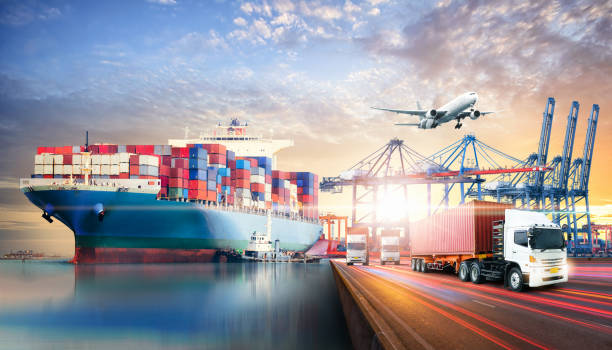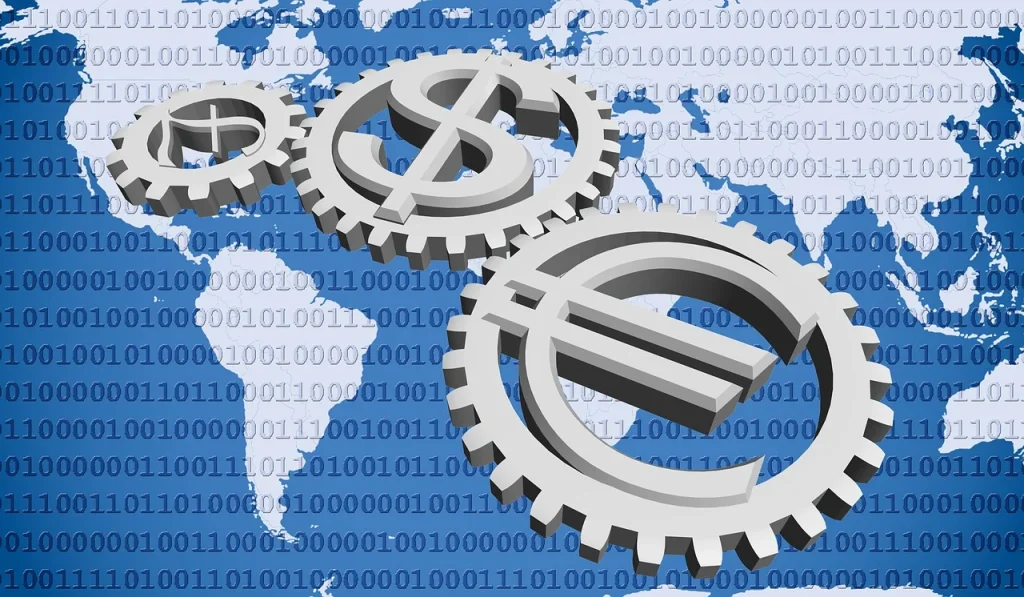Table of Contents
Global trade is a critical driver of economic growth and development, influencing the economic health of nations and the global economy as a whole. International policies and agreements play a pivotal role in shaping trade dynamics, affecting everything from tariffs and trade barriers to market access and regulatory standards. This article explores the key aspects of global trade dynamics, focusing on how international policies and agreements impact economies worldwide.

The Framework of International Trade Policies
1. Trade Agreements and Their Impact
International trade agreements are formal arrangements between countries designed to facilitate trade by reducing barriers such as tariffs, quotas, and import/export restrictions. These agreements can be bilateral (between two countries), regional (among a group of countries), or multilateral (involving multiple nations).
Trade agreements, such as the North American Free Trade Agreement (NAFTA) and the European Union (EU) Single Market, play a crucial role in shaping global trade. By establishing rules and standards for trade, these agreements promote economic integration, enhance market access, and encourage investment.
For example, NAFTA, which has been replaced by the United States-Mexico-Canada Agreement (USMCA), aimed to reduce trade barriers between the U.S., Canada, and Mexico, leading to increased trade flows and economic growth in the region. Similarly, the EU Single Market allows for the free movement of goods, services, and capital among member states, fostering economic cooperation and regional development.
2. Trade Policies and Economic Strategies
Countries implement various trade policies to achieve economic objectives and protect domestic industries. Common trade policies include tariffs, subsidies, and import/export controls.
Tariffs: Tariffs are taxes imposed on imported goods to make them more expensive and less competitive compared to domestic products. While tariffs can protect local industries from foreign competition, they can also lead to trade disputes and higher prices for consumers.
Subsidies: Subsidies are financial support provided by governments to local businesses or industries to enhance their competitiveness. While subsidies can help domestic producers, they can also distort trade and lead to conflicts with trading partners.
Import/Export Controls: Import and export controls regulate the flow of goods across borders, often to protect national security, public health, or the environment. These controls can impact global supply chains and trade relations.

Trade policies influence economic growth, job creation, and industrial development. However, they must be carefully balanced to avoid unintended consequences, such as trade wars or retaliatory measures from other countries.
The Role of International Organizations
1. The World Trade Organization (WTO)
The World Trade Organization (WTO) is a global international organization that oversees the rules of international trade and provides a forum for negotiating trade agreements and resolving disputes. Established in 1995, the WTO aims to promote free and fair trade by creating a transparent and predictable trading environment.
The WTO’s role includes monitoring trade policies, facilitating negotiations on trade agreements, and adjudicating disputes between member countries. Through its agreements and dispute resolution mechanisms, the WTO helps maintain stability in the global trading system and fosters cooperation among nations.
2. Regional Trade Organizations
Regional trade organizations focus on promoting trade and economic integration within specific geographic areas. Examples include the Association of Southeast Asian Nations (ASEAN), the African Union (AU), and the Mercosur trade bloc in South America.
These organizations work to reduce trade barriers, harmonize regulations, and enhance economic cooperation among member states. Regional trade agreements often complement global trade agreements by addressing specific regional needs and challenges.
3. The International Monetary Fund (IMF) and the World Bank
The International Monetary Fund (IMF) and the World Bank play supportive roles in global trade by providing financial assistance, policy advice, and technical support to countries. The IMF helps stabilize economies and promote international monetary cooperation, while the World Bank focuses on poverty reduction and development projects.
Both institutions contribute to the stability and growth of the global economy, indirectly influencing trade dynamics by supporting economic reforms, infrastructure development, and capacity building.
Challenges and Opportunities in Global Trade
1. Trade Wars and Protectionism
Trade wars and protectionist policies pose significant challenges to global trade. Disputes over tariffs, trade barriers, and subsidies can lead to retaliatory measures and disrupt global supply chains. Trade wars can negatively impact economic growth, increase uncertainty, and strain international relations.
Addressing these challenges requires diplomatic efforts, negotiation, and collaboration among nations to resolve trade disputes and promote a more open and fair trading environment.

2. Technological Advancements and Digital Trade
Technological advancements, such as digitalization and e-commerce, are reshaping global trade dynamics. The rise of digital trade and online marketplaces has created new opportunities for businesses to reach global customers and streamline trade processes.
However, digital trade also presents challenges related to data privacy, cybersecurity, and regulatory compliance. Addressing these challenges requires international cooperation and the development of new trade rules and standards to support the evolving digital economy.
3. Sustainable Trade Practices
Sustainability and environmental considerations are increasingly important in global trade. There is growing awareness of the need to address environmental impacts, such as carbon emissions and resource depletion, associated with trade activities.
Countries and organizations are exploring ways to incorporate sustainable practices into trade policies and agreements, including promoting green technologies, reducing trade-related emissions, and supporting sustainable development goals.
Conclusion
The dynamics of global trade are shaped by international policies and agreements that influence economic interactions among nations. Trade agreements, policies, and international organizations play crucial roles in facilitating trade, promoting economic growth, and addressing challenges. As global trade continues to evolve, addressing issues such as trade wars, technological advancements, and sustainability will be essential for creating a more equitable and prosperous global trading system. By fostering cooperation and adapting to new realities, nations can navigate the complexities of global trade and harness its potential to drive economic development and innovation.